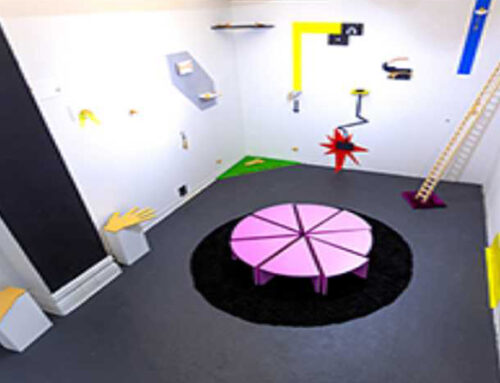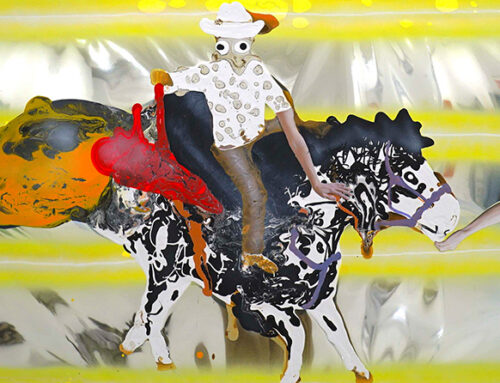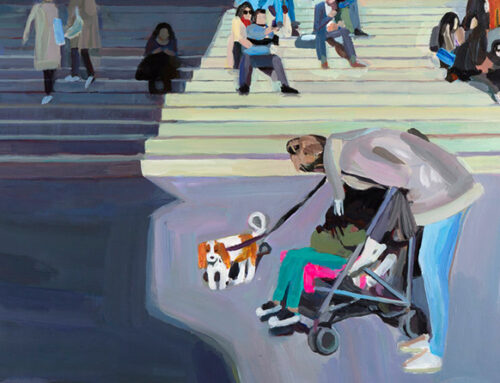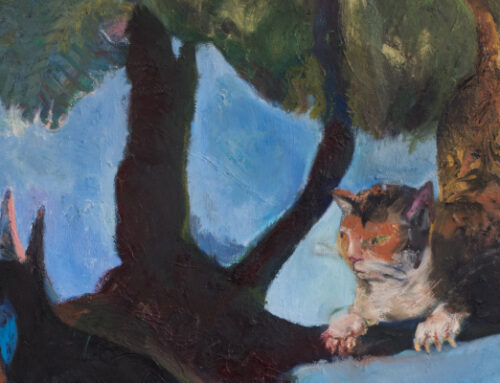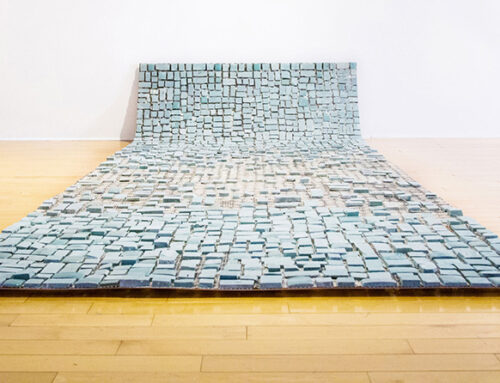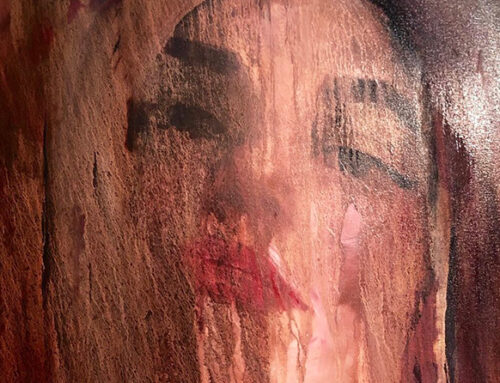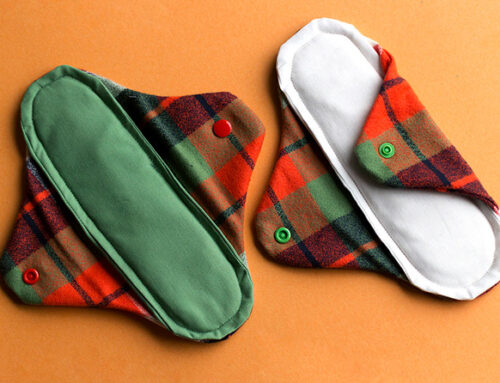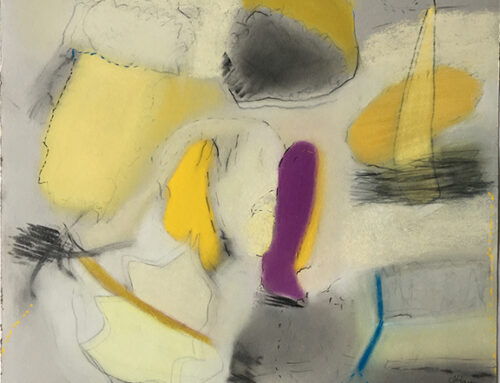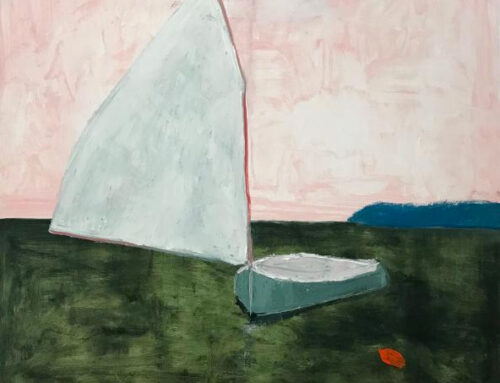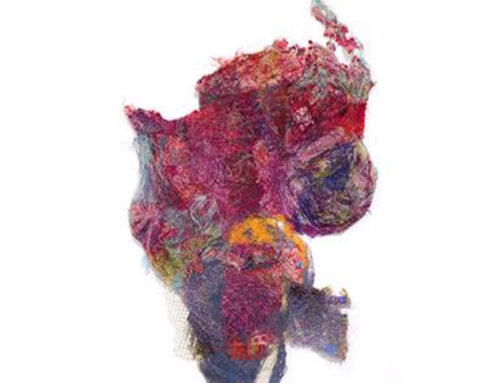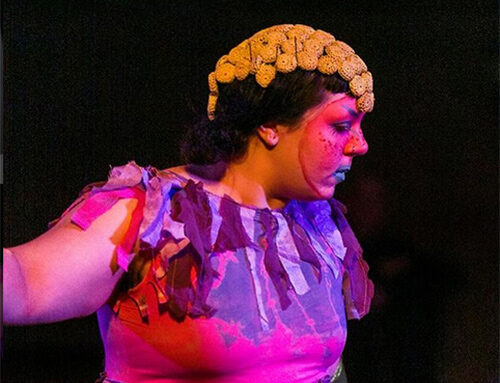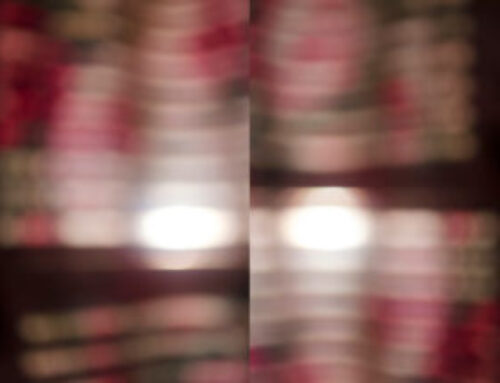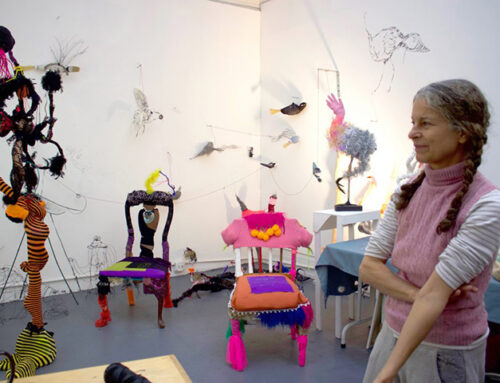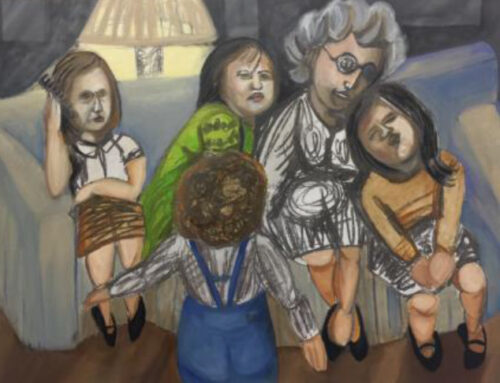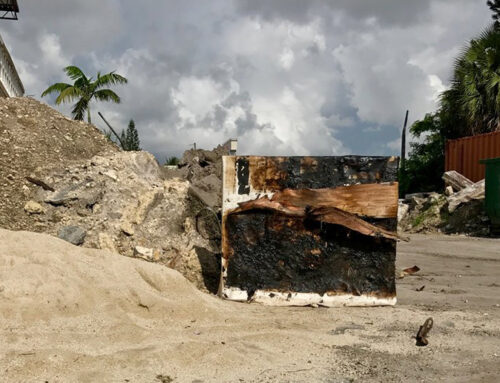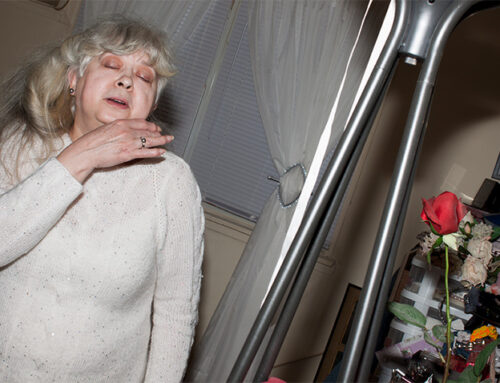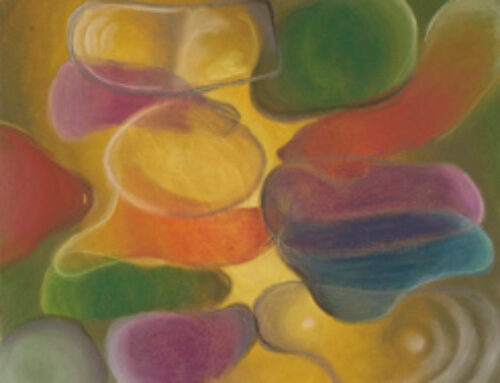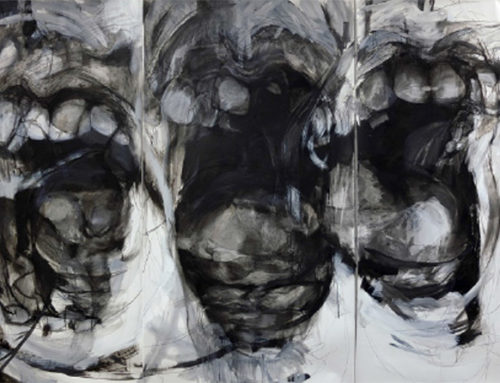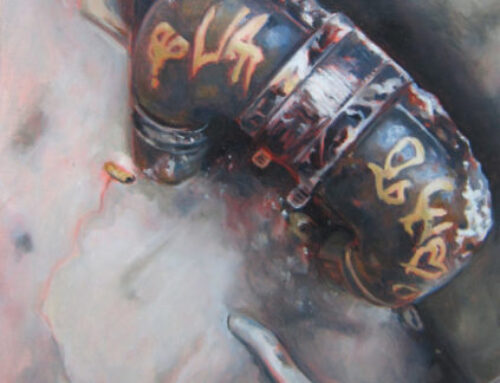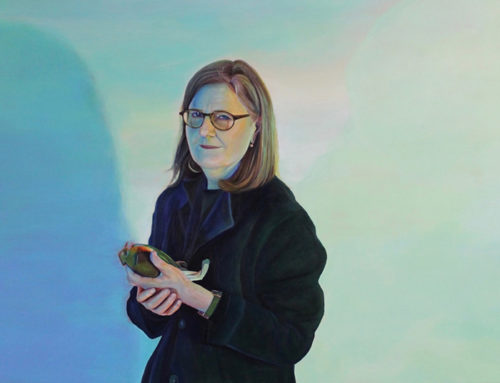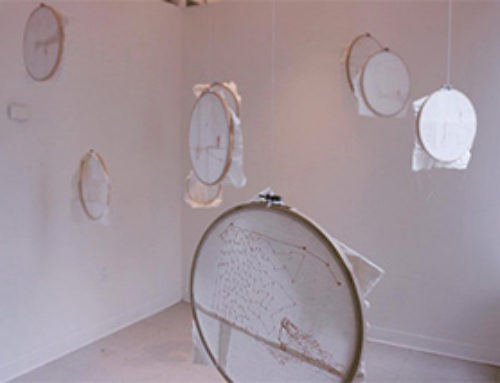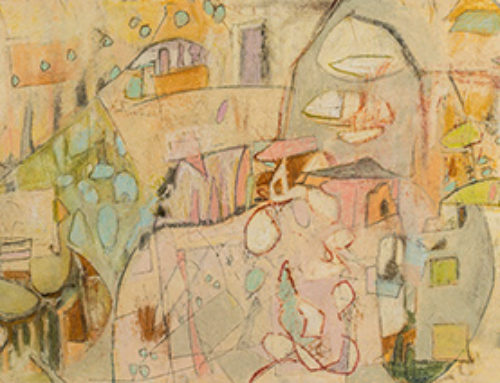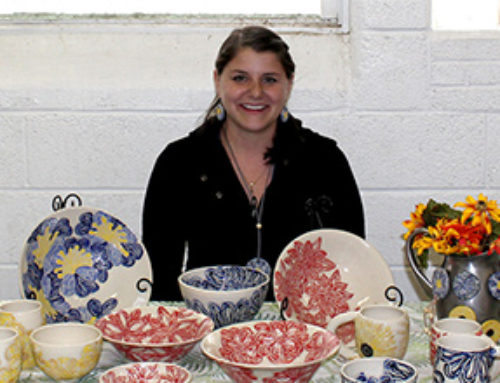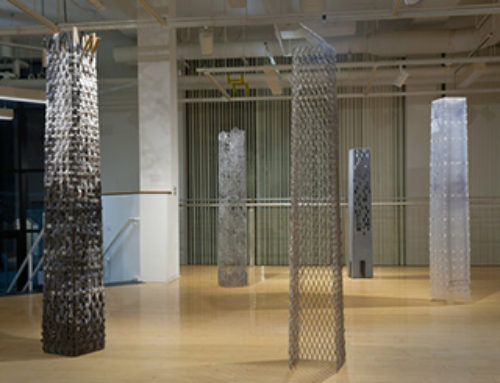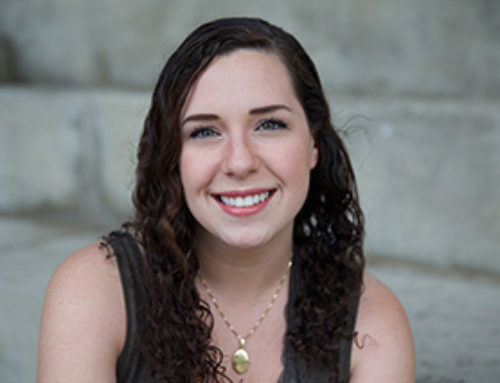
Love American Style 08, 11″ x 14″,
Gouache, collage

Love American Style 09, 11″ x 14″,
Gouache, collage

Love American Style 01, 11″ x 14″,
Gouache, collage
DANA ROBINSON | INTERVIEW QUESTIONS
Q. How did your passion for art begin taking shape for you—at home, school, a mentor, and other artists who inspired you or a personal experience that started the fermenting process?
A. Art has always been a major part of my life. I remember flipping through my Mom’s huge coffee table books of impressionist paintings, and asking her to draw me ladies that I could later color in. Both my parents are doctors but they always made sure that my sister and I were exposed to all different arts and they always pushed me towards the subjects I was interested in. One of the major artists I came in contact with as a child was Faith Ringgold. Going to her book signing as a child is a fond memory that I’m thankful my Mom made happen.
Q. How would you describe your artwork, in terms of materials or mediums? Has it changed or evolved since formal training and what are your goals for it?
A. I would describe my work as collage. Collage has always been a component of my work. It has taken a great deal of time to learn how to combine materials in a way that is desirable. I believe I have gained a unique handle on the use of archival vintage print materials, including magazines and fabric.
Q. How important is a personal style to you as an artist or does your work reflect larger social and cultural issues?
A. I love the work of Martine Syms, Diamond Stingily, Sondra Perry, Kenya Robinson, Juliana Huxtable, Dominique Duroseau, Alake Shilling and Janiva Ellis. I wouldn’t say that my work looks like any of these artists’ works, but the way that they address their history through objects is incredibly unique and mesmerizing. It inspires me to create new narratives for myself and see new possibilities in art for black women. They open up new ways of interrogating the world we live in. Especially after seeing Janiva’s and Alake’s work at the Rubell Collection in Miami. I was floored with the way they use a combination of humor and exhaustion to talk about life. Janiva’s work epically makes me think of the line from Maya Angelou’s poem, “The Mask”, “I almost laugh myself to death.”
Q. Has being a woman affected your work and others’ perception of it? How do you feel about being a part of a woman’s art organization?
A. My identity is linked to my art no matter what. I couldn’t escape the fact that I’m a black female, even if I wanted to. It’s a gift to be able to express myself artistically from within this body, and I think it’s wonderful to be a part of an organization that embraces their identity.



